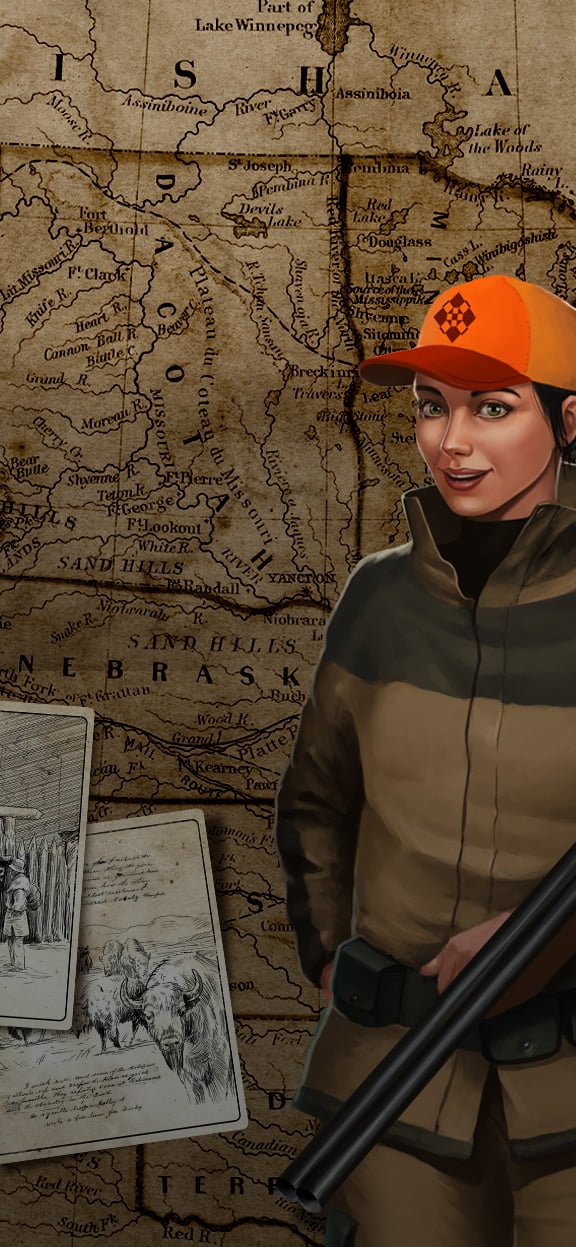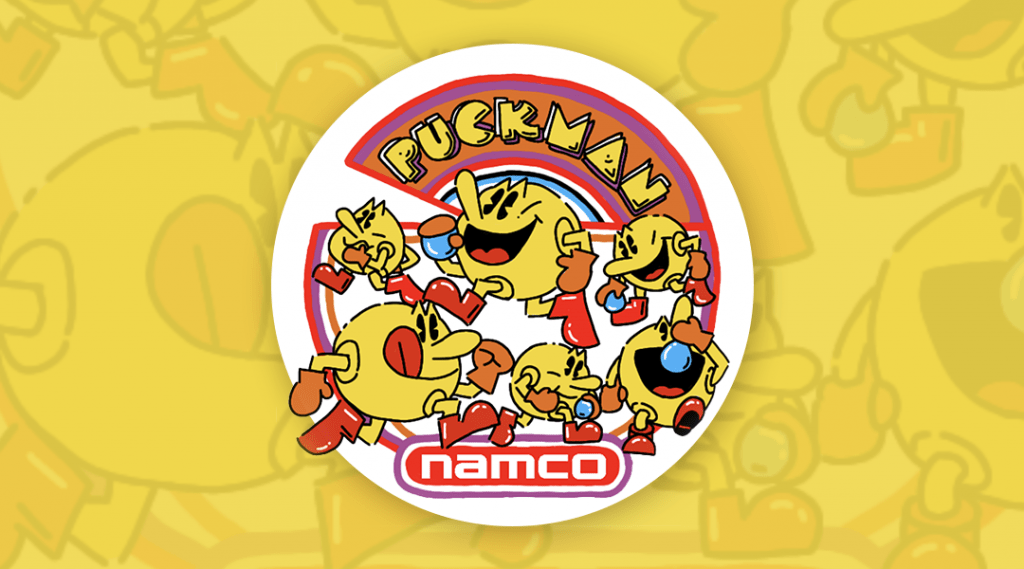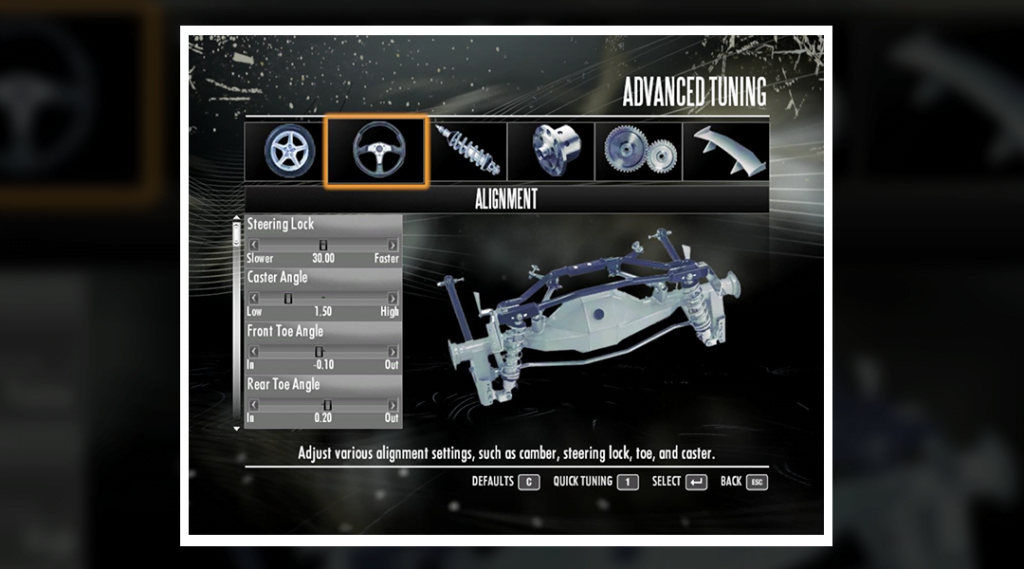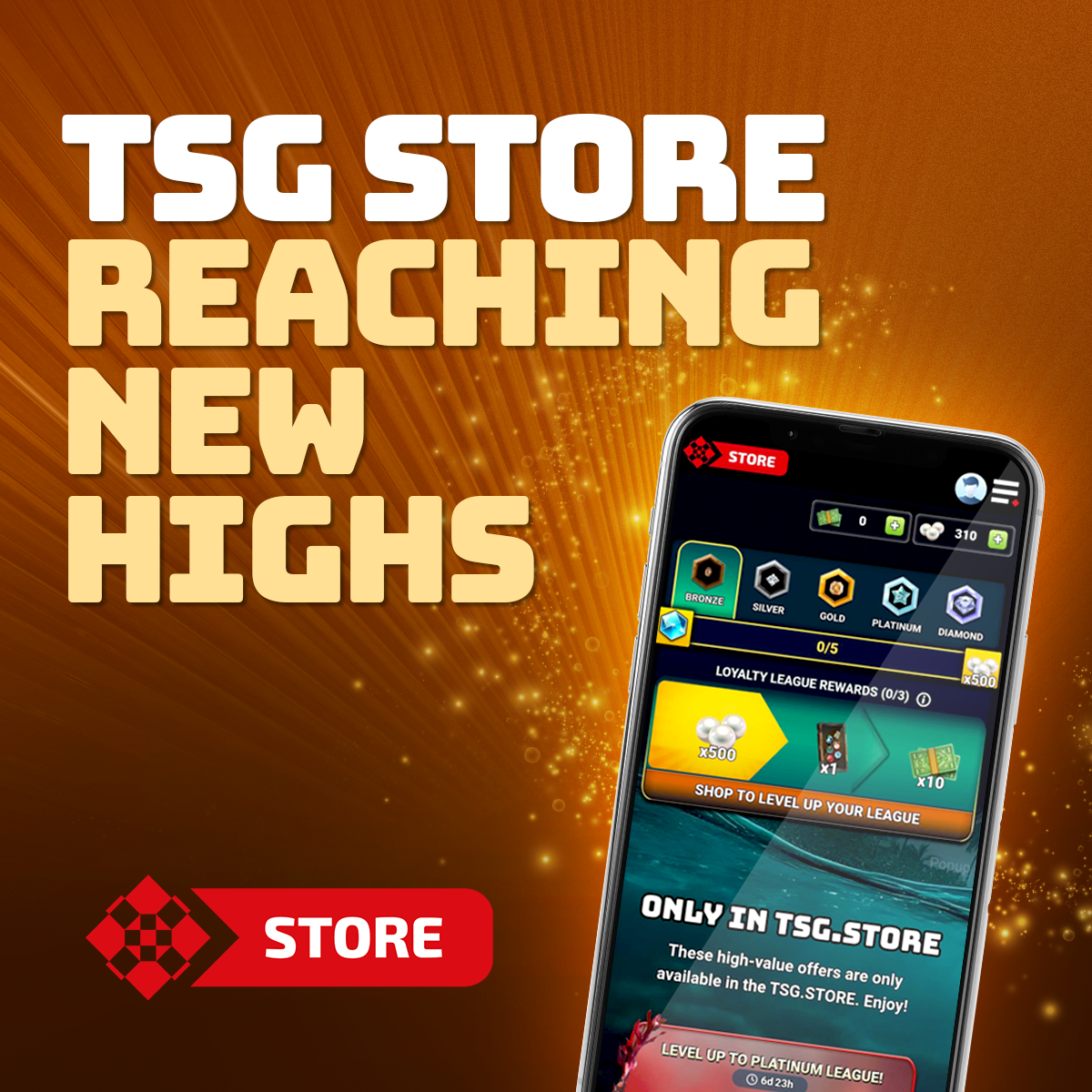



“Translation is about replacing words with their equivalents, you just need to know the language” is my favorite misconception about translating or localizing any kind of content. While advanced knowledge of a given language is indeed necessary, video game localization definitely requires a broader set of skills and knowledge due to the complex nature of this medium.
According to a study by DFC Intelligence, there are currently 3.2 billion gamers spread in countries all over the world, which gives us more than 40% of the population. In order to reach as many of them as possible, adjusting products for international recipients is a necessary step, so video game developers started to care not only about localizing their content but also about searching for the most optimal and correct ways to do it.
The beginning of the search for proper localization practices goes back to the 1980s, when the video games industry started gaining momentum and when the Japanese game Puck Man was being prepared for the US market. Even though the translation was limited to the title, single words or phrases, it was enough to cause localization problems, as described by Chris Kohler. The title for the original version was inspired by the Japanese onomatopoeia pakku pakku, which imitates the sound of opening and closing mouth – a movement similar to the one made by the creature controlled by the player. If you do not see any problem with releasing a game of this title in an English-speaking country, the picture below may give you a slight hint.

If you additionally imagine seeing the logo in a dim amusement arcade illuminated primarily by colourful lights of arcade machines, there is a huge chance that the game would soon be known as “Fuck Man” among players.
To avoid the problem with misreading, Puck Man underwent a transformation into Pac-Man, as the pronunciation (and the onomatopoeic character) of the title remained similar, while the title did not invoke any irrelevant associations. The additional challenge in the case of the game was caused by ghosts – the main danger bothering the eponymous yellow creature. Each of them had a meaningful name that reflected their behavior, so translations had to sound natural to English speakers, and also convey the meaning of the original. Oikake (Japanese: ‘chaser’) was mostly focused on following the player, so the name was localized into Shadow; similarly, Machibuse (Japanese: ‘ambusher’) was replaced with Speedy, Kimagure (Japanese: ‘fickle’) with Bashful, and Otoboke (Japanese: ‘stupid’) with Pokey.
Video games nowadays are much more developed and tend to be extremely complex not only in terms of visual layer, but also in general, so they often cause a significant number of translation issues present within various parts of a game. Gameplay, formerly the most critical element, now stands at the same level with story and other localization-dependent aspects. This diversity, i.e., the number of different elements creating various challenges that a translator may face within one game, is what makes the whole task so demanding. Localization specialists need knowledge that will allow them not only to distinguish certain parts of a game but also to adopt a proper approach. When referring to particular video game materials that need to be taken into consideration during the localization process, Bernal-Merino, a great author of localization-related books and articles, uses the term translatable assets. Just to give you a better understanding of the concept, categories of the assets within a video game, classified by nature and problems they pose for translators, may be formed as follows:
As you can see, different assets require different solutions and approaches. From a translator’s point of view, a video game can be perceived as a complex medium composed of blocks being separate yet closely connected parts of the whole. This creates a challenge of a relatively strange nature, as until now single translation tasks mostly involved one kind of text type; for instance, to translate a novel, besides foreign language knowledge, one needs a literary talent and excellent command of the target language’s intricacies, whereas to translate a complex home appliance manual, technical knowledge is necessary rather than the ability to write in a creative and colourful way (with all due respect to Technical Writers, who do a fantastic job). In those and other similar situations, the focus is on one type of skill and text. Video games require a variety of different skills and a more detailed approach to respective parts within a single translation task because each of these parts plays a different role in creating the whole experience.
An additional trap that awaits localization specialists and translators is that video games differ in terms of genre, but contrary to, for example, films, they most frequently make full use of it. For example, there is a number of films about motor racing, but how much technical vocabulary do you remember from Fast & Furious? Unless a film is a documentary, references to actual technical aspects do not constitute a large percentage of the whole text. Games, on the other hand, generally contain much more specialized terminology, as in order to merely introduce the player to game mechanics by, for example, describing the tuning process, developers must include all the names of elements and modifications.

This is how one of the tuning windows looks in Need For Speed: Shift.
This creates an additional challenge – before localizing a game of a given genre for the first time, translators have to make certain preparations like finding reliable sources of specialist vocabulary in the area, learning how certain systems, features or mechanics work both in real life and in the game, and, in a perfect scenario, play multiple games of the same genre so that they familiarize with gameplay and style of a given type. I remember my preparations for translating one famous racing game – I spent hours trying to find out how car parts interact and depend on each other, not to mention searching for their correct names both in Polish and English. I’m hardly a petrolhead, so this was not an easy task, but there was something exciting about learning a completely new thing and experiencing the “aha!” moments in the middle of reading when I finally understood some complicated concepts or systems.
In my work at Ten Square Games, research is often helpful when we release new animals in Hunting Clash; I know that at least some part of the player base cares about the game’s realism, and animal descriptions have to be both engaging and informative. Due to this need, I have to get some knowledge about each animal if I write or translate the descriptions, and I sometimes catch myself spending far too much time on reading yet another report on bison activity in Europe – learning all these things helps me choose the most interesting information about an animal, and besides that, it is just fun.
But specializing in one genre does not always appear to be simple as it is nearly impossible to precisely specify the genre of video games nowadays. Game categories became blurred to the extent that modern productions are combinations of different types rather than any particular texts that can be categorized by themes. This is what makes our job unpredictable – while The Sims, Football Manager and Euro Truck Simulator are all classified as simulators, their localization requires quite a different set of skills and knowledge. It is then impossible to specialize in one genre and localize all the productions that fall within it; we need to additionally educate ourselves every time we start working on a new project.
Yet, what I see really promising about the industry is that more and more professionals publish materials that may help aspiring localization specialists reach their goals. Books, blogs, YouTube videos, beginner-level courses or articles just like this one start to appear and open new development paths for those who are willing to study the subject themselves. There are even online conferences focused on localization, e.g., LocFromHome held up to three times a year. So we can say that the state of localization-related education is constantly changing, and the situation of localization adepts will only get better.

LocFromHome is one of the most renowned conferences in the localization industry.
Also encouraging is the fact that more and more companies treat localization seriously. A few years back in the industry, a lot of the localization work was outsourced, or dumped on a less-busy producer, designer or even writer/copywriter as an extra task. Now, localization is treated the way it should be. As a specialized discipline that requires experienced, passionate people, to create the best possible experiences for gamers. When I joined Ten Square Games, it was through a speculative application. Luckily, TSG was actually looking for somebody like me. After a year-and-a-half working as a full-time specialist, I can tell you that it’s different than freelancing. Having a direct link to the product teams allows us to have more impact on how a game looks and what solutions are used in certain localization-related aspects. Some of my ideas concerning the UI were also implemented, which would’ve been impossible as a freelancer.
This growth in stable positions also helps the industry become a career. Freelancing can be stressful and requires a lot of effort to get the experience to be noticed. A full-time specialist job might be less diverse, but it’s a great way to build your experience without worrying about getting new clients every month.
Another aspect that helps me stay positive is one that needs to be observed in this context – knowledge that may seem irrelevant at first glance happens to be a powerful asset in video game localization, and we often can use the knowledge acquired outside of schools, universities or jobs. For example, an aviation enthusiast with some technical knowledge gained when assembling plane models would do well in localizing flight simulators, a Tolkien fan occasionally taking parts in LARP events has a great base for translating RPGs, and a sports freak active on football-related Facebook groups might try their hand at games like FIFA or PES. Going down this path, i.e., taking part in localization projects related to one’s hobbies, has two enormous advantages. First, hobbyists already have some specialist knowledge and are up to date with jargon, a style used in a certain group or preferences of its members, which drastically decreases the time needed for education and increases the chances of target text being properly localized. Second, localizing materials and writing about things you like is just fun – you find the process itself entertaining, you try (and often find it easy) to put yourself in a player’s shoes to see what they feel, and you experience a huge wave of satisfaction when you first launch a game with your texts written with engagement and passion. For me, as an RPG fan, Gothic maniac and Skyrim addict, a moment of the biggest joy in my localization adventure happened whenever I saw an exciting storyline in a game, and I translated chapter by chapter, following the events, feeling as if I was playing the game. It is hard to take breaks and stop working at a given time when you want to know so bad what is going to happen on the next page.
It sometimes happens, though, that a game you translate is nowhere near your area of interest, and I think that there are three important places to start your preparation in such situations:
All in all, working in localization is not a piece of cake, and neither is getting the relevant knowledge in the area, but it is definitely worth it if you are passionate about writing, languages and games. I know that if I could go a few years back and have a second chance to choose my career path, I wouldn’t really change much.

Bartłomiej Piątkiewicz, Translation & Localization Specialist. He cooperates with Hunting Clash and Rortos teams to make sure that players from all over the world can enjoy a quality experience. Bartek is a graduate of English Studies at the University of Wroclaw, with both BA and MA theses on video game localization. As an avid gamer, he claims that passion is what motivates him most. While not working or gaming, he plays guitar, cooks, and occasionally practices rock climbing.

Have you ever seen a Viking-fish? How about a Black Hole Fish? No? Alright? How…
read more
We’re delighted to announce that Let’s Hunt is coming to mobile devices - our hit…
read more
What led Selina Springvloet-Dubbeld, TSG’s Head of Growth, to the gaming industry? She claims that…
read more
Ten Square Games S.A. reports continued growth in the performance of its proprietary web-based platform,…
read more